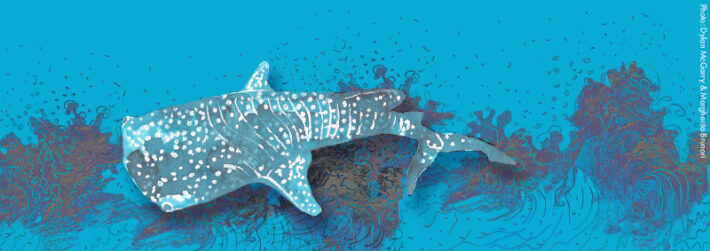Our journey towards One Ocean Hub 2.0

We have reached an interesting inflection point in the trajectory of the One Ocean Hub, somewhere between our first phase (2019-2024) and our phase 2.0. We have continued to document and reflect on our impacts on ocean governance policy and practices over the past 6 years in different parts of the world (check our new impact webpage), as well as on what has been transformative in our practices in supporting the recognition and more effective protection of human rights dependent on a healthy ocean. In 2025, we seek to continue to build on those achievements and lessons as part of our legacy strategy and new collaborations, as well as our continued work under the One Ocean Learn platform and the transdisciplinary research toolkit for the UN Decade for Ocean Science.
From April 2025, the implementation of the One Ocean Hub legacy strategy will be based at the University of Cape Town, South Africa, from where the Deputy Director Philile Mbatha has submitted two large-scale grants to continue One Ocean Hub research co-development approaches in South Africa and expand them to other countries within the continent and other regions around the world. Elisa Morgera will continue to advise on the strategic direction of the Hub and its international contributions.
As we wait to hear about the outcome of the submitted applications, we continue to work with partners on other grant applications and publish Hub 1.0 research findings on the basis of friendships and continued collaborations among Hub researchers. We also continue to partner with UN agencies and other organisations in exploring how they can collaborate in innovative ways with academic researchers and diverse knowledge holders, sharing our research findings and methodologies in different international fora.
Over the past few weeks, we have been in conversation with existing and potential new partners – in civil society and the UN System, but also in academia – who are facing increasing difficulties in a challenging geopolitical and global funding landscape. Against this background, we express our resolve to continue to share our innovative approaches and learnings about collaborative research partnerships for transformative change – solidarity and iterative approaches to addressing equity in partners’ relationships, and deep and strategic complementarity across research and change-making initiatives. These approaches, which have been the hallmark of the One Ocean Hub and its impacts, are more needed than ever in the present situation. And we are committed to support others in navigating the current landscape in a generative and hopeful way, with a view to co-creating diverse ways of working for transformative change.
As we keep moving towards One Ocean Hub 2.0, we will keep sharing our updates with you (a bit less frequently) through our newsletter and on social media. If you wish to explore opportunities to collaborate, please reach out to philile.mbatha@uct.ac.za.
Related SDGs: